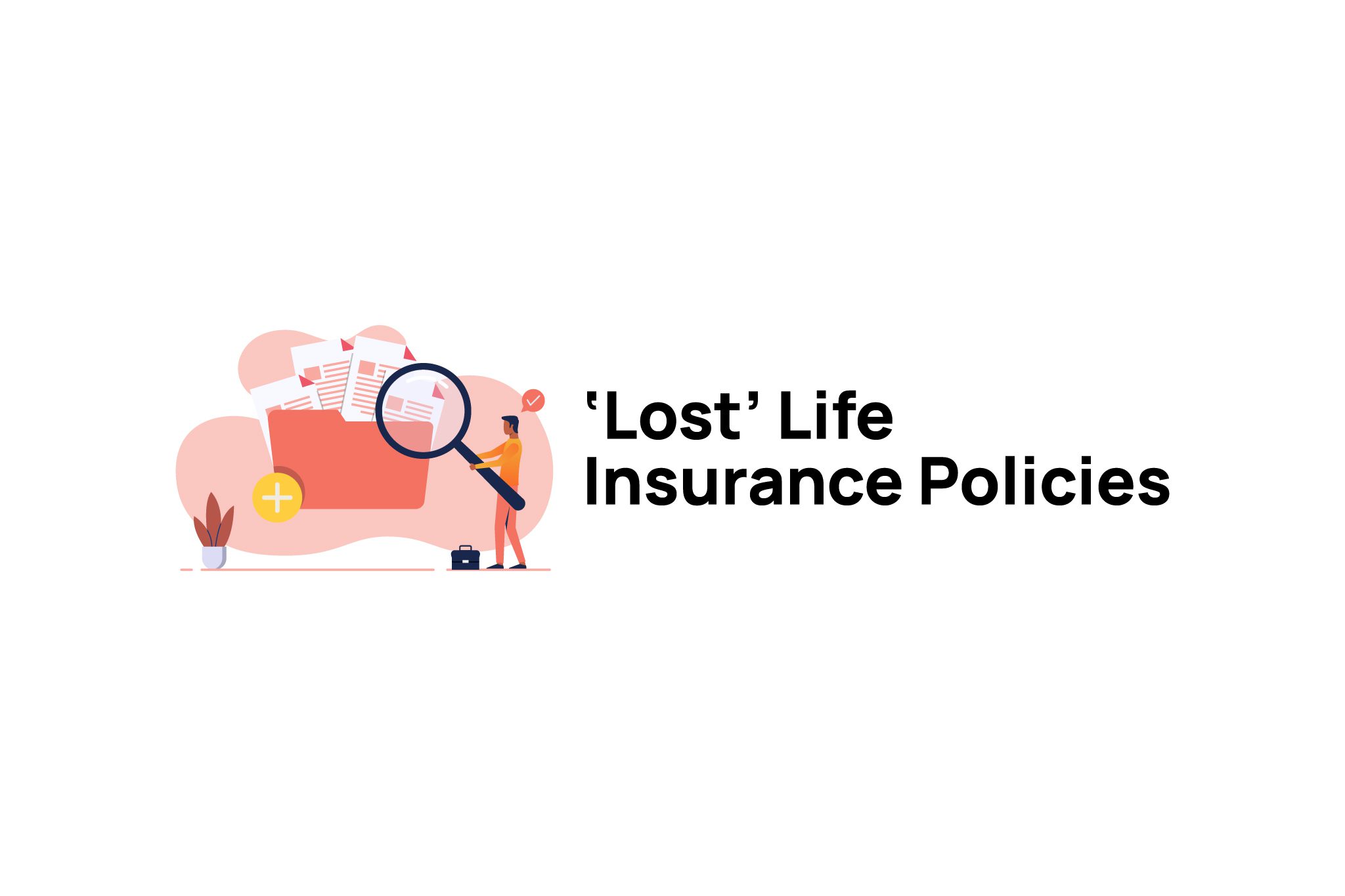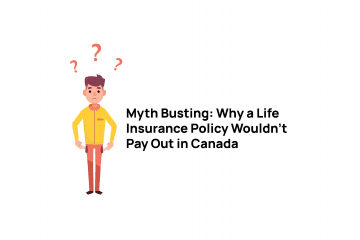At its very core, life insurance is a product that is designed to provide the beneficiaries of policy owners with an infusion of financial aid at a time in their lives when they need it. The loss of a loved one is an incredibly stressful time for those left behind; by taking the time and making the investment in a life insurance policy, you can at least ease some of the burden associated with the financial pressures that can arise for your beneficiaries when you are no longer around. Having dealt with many death claims over the years, though, we are often asked about what happens if it is time to make a claim on a policy and the documents can’t be found. What if there’s a policy in place that no one knows about? The answer for these comes down to the fact that in all cases if a life insurance policy is in good standing (i.e., premiums have been paid up to date), a death claim can be processed regardless of if the actual policy document is in hand or not. Let’s take a look at a couple of circumstances where policies have been ‘lost’ and how you can go about handling the situation as the beneficiary.
In This Article:
- The Policy Documents Have Been Misplaced
- What if You Don’t Know About the Policy in the First Place?
- What if the Death Benefit goes Unclaimed
- How to Avoid this Situation
- Conclusion: Lost Life Insurance Policies
The Policy Documents Have Been Misplaced
I am going to start with the softball question. If you are the beneficiary of a policy and you know that it exists, but you can’t locate the actual document, there is nothing to worry about. Using the name of the person who was insured and their birthdate, any insurance company can locate the policy number for you. Once it has been confirmed that the policy is in force, the claim can be made without the actual original policy documents. If this is the case, we sometimes get the question, ‘Why does the insurer ask for the policy to be returned if they don’t need it to process the claim?‘ The answer to this comes back to making life easier for everyone in the future. Let’s look at an example where your father has passed away, and you are unable to send back the policy documents (perhaps because they are lost). Then 30 years into the future, you pass away as well, and while cleaning up your documents, someone runs across the original policy for your dad. This can lead to a situation where the person who finds the policy tries to make a claim on it, not realizing that the death benefit had been paid out in the past. It sounds bad, but someone thinking that they’ve found an unexpected windfall that then gets the rug pulled out from under them is a situation that all parties want to avoid. That’s a big part of why they ask for the documents back. It isn’t a requirement to process the claim, but it does take away the potential confusion in the future.
Get a free quote
What if You Don’t Know About the Policy in the First Place?
One thing that I always suggest that people do when they are looking after the estate of someone after they have passed away is to review a recent monthly bank statement for the deceased. This can give you all kinds of information about what was going on in the person’s life and what you need to look after now that they are gone. Watch for things like payments to a cell phone provider, utility company, or online streaming platforms as examples of things that need to be cancelled to avoid charges continuing after the owner has died. You also should look for transactions from financial institutions. If the owner had a RRIF as an example or a life insurance policy, you would see payments and/or deposits (depending on the product in question) associated with these types of accounts on the bank statements. If you see a monthly payment being made to Manulife (for example), but you aren’t aware of anything that the deceased owned involving them, contact them and find out what it is. It may be the monthly premium on a life insurance policy that you didn’t know about.
What if the Death Benefit goes Unclaimed
Generally, the maximum length of time that a life insurance policy has premiums due into it is until the person who is insured reaches age 100. There are exceptions to this rule, though. Many carriers who provide whole-life coverage have offered reduced payment periods on their products. Examples of this could be a policy where premiums are only due for 20 years or up until a specific age is reached (age 65 was commonly used for many years). Once these payment periods have been satisfied, the policy becomes ‘paid up,’ meaning that there are no more premiums due, and the coverage remains in force until the death benefit is paid out. Unfortunately, this is an area where things become more difficult if policies are lost. Without the tell-tale premium payment coming out of someone’s bank account, it becomes far more difficult for beneficiaries to figure out a policy needs to be claimed on because there’s no easy way to find out about it even existing. The thing is, though, the policy does still exist. If it is ever located, a claim can be made on it many years into the future. I heard one carrier talk years ago about a policy that it had on the books that was over 125 years old, but they are unable to contact anyone associated with the policy. Perhaps the owners moved many years ago and forgot to update their address with the insurance company. A policy this age had been paid up and obviously lost, but if it is ever located, a claim can be processed, and the beneficiary will receive the proceeds. Just because the document can’t be located, it doesn’t cancel the existence of the policy.

How to Avoid this Situation
People are strange when it comes to life insurance. Many times, beneficiaries making death claims feel like they are somehow being ‘greedy’ by applying for the death claim within a few days of the insured person passing away. Don’t do this to yourself. The reason that the life insurance is there is because the person who took out the policy wanted to make sure that when something happened to them that there was an infusion of financial support that would help with immediate expenses. I can guarantee you that no one helping you process your claim looks at you and thinks that you are being greedy in applying for the benefit. This leads me to another thing that people feel uncomfortable talking about but can help immensely. Talk with your loved ones about what they have while they are still alive to walk you through it. It’s a conversation people avoid having because it makes them feel gross. Don’t let that feeling interfere with actually having the conversation. If you are looking for help, you can find guides that can walk you through the conversation in a structured manner. For example, Canada Life has a personal records organizer that is a great tool to help. It allows for one document that can contain information on all of your investments, wills, bank accounts, insurance policies, etc., making it far easier for someone left behind to work their way through your estate. One final tip, if you do have the conversation and fill out a document like this organizer, make sure you know where it is stored. Also, make sure that the place it is stored is not in a safe deposit box. There are hoops to jump through to get into the safety deposit box of someone who has passed away. You are better off getting a fireproof safe for your home to hold your valuable documents.
Conclusion: Lost Life Insurance Policies
Making a claim on a life insurance policy doesn’t require that you be able to present the policy back to the insurer before the claim is paid. If you know that the policy is in force, you can make a claim with or without the document from the insurer. That being said, make sure that you take the time to understand what your loved ones own in terms of insurance policies so that when the time comes to make the claim, you aren’t suffering from any additional stress over potentially missing documents leading to unclaimed policies.




